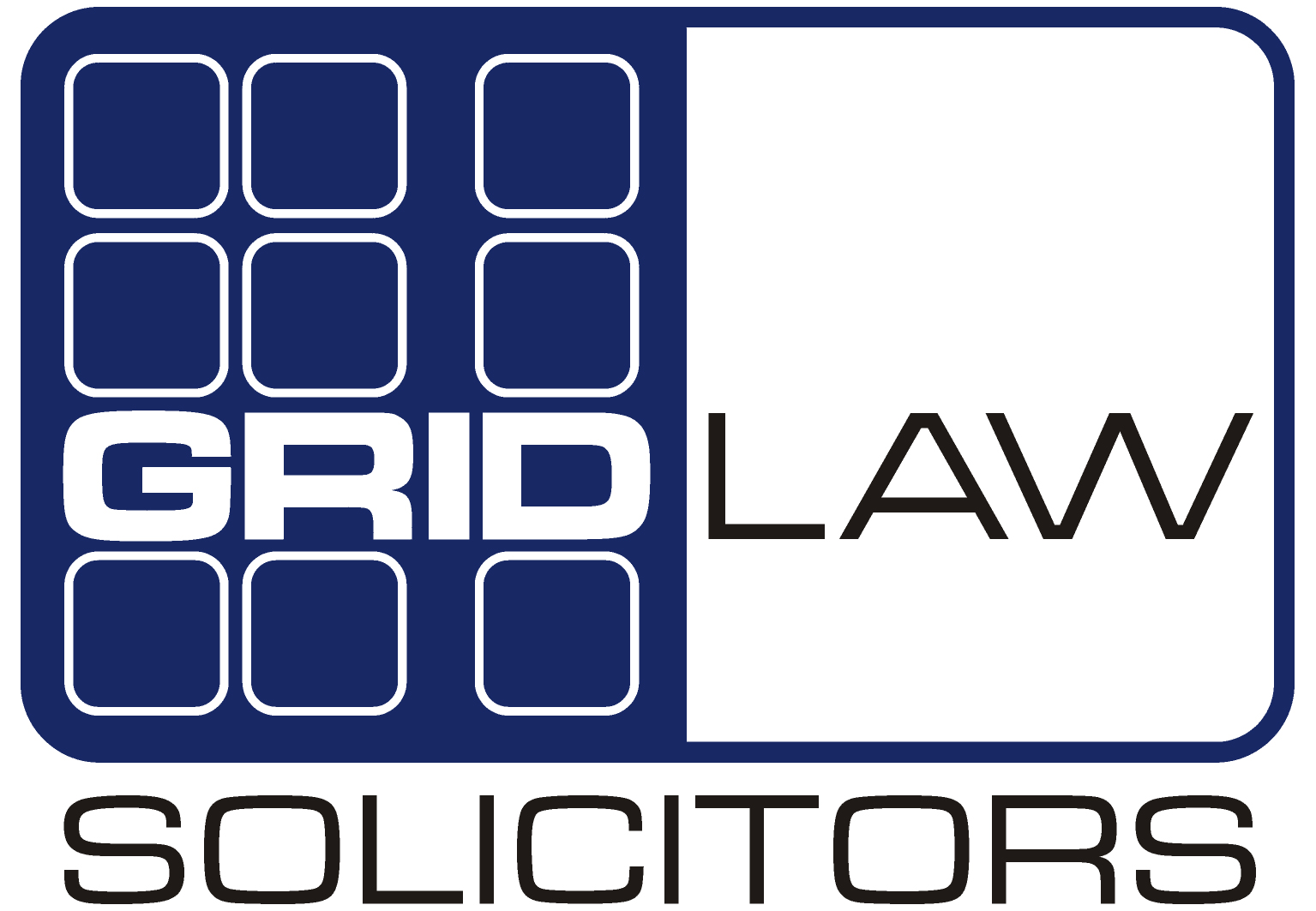
Consultant & Freelancer Agreements
The gig economy continues to grow and many more businesses are choosing to work with freelancers and consultants, instead of employees.
It’s easy to see why the gig economy is so attractive. In theory, it gives both parties more flexibility and there are fewer rules and regulations to comply with. However, these relationships are also controversial and can be in the news for all the wrong reasons.
If you work with consultants and freelancers (or are one) the entire relationship is governed by contract law. Unlike employment law, there is very little statutory law to fill in the gaps where there is something missing from the contract. It’s therefore vital to get them right.
When agreeing the terms of a consultancy or freelancer agreement should consider the following terms as a very minimum:
- What is expected of both parties
- How long the relationship will last
- Whether the relationship is exclusive or non-exclusive
- Whether there are any restrictions on the freelancer / consultant working with competitor businesses
- The fees payable and when they are due
Here’s an important legal issue that many people are unaware of, but which could have serious consequences for your business.
If the freelancer / consultant is producing any form of intellectual property rights for the business (for example, writing software, carrying out design work or even writing reports), they will own all rights to them unless they are specifically assigned to the business.
This means you must have a written agreement and it must be signed by the freelancer / consultant. A verbal assignment of intellectual property rights is unenforceable, even if the freelancer / consultant says you own them and you have paid for them.

